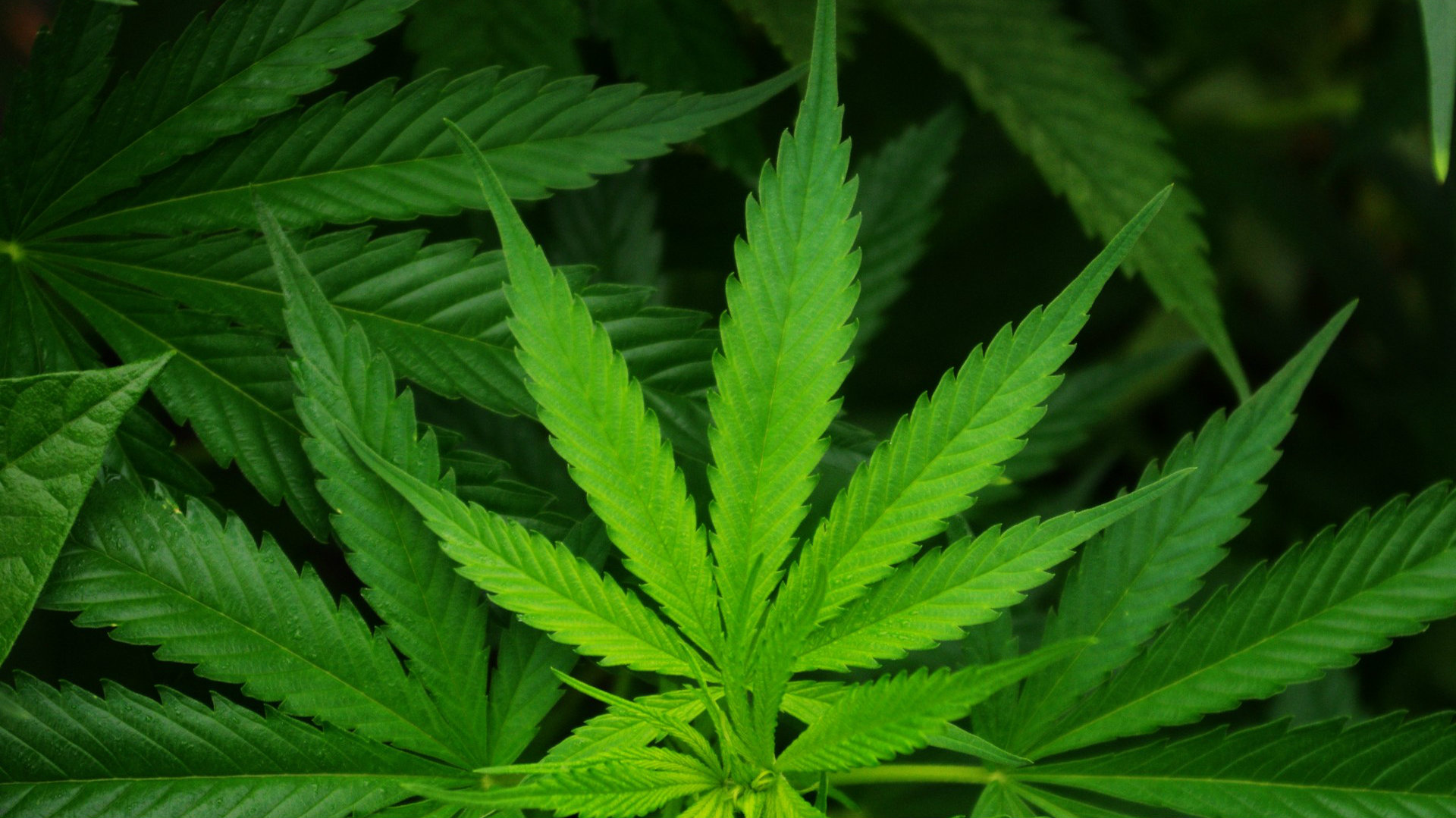This past week, one of Canada’s largest marijuana producers, Aurora Cannabis Inc. (TSX:ACB) announced it has been successful in garnering a buy-in from shareholders of CanniMed Therapeutics Inc. (TSX:CMED). Friday was the deadline for the two firms to come to an understanding on how the $1.1 billion acquisition would be financed, and, unsurprisingly, the vast majority of the deal will be financed via a 50.6 million share issuance, which has yet to fully be tendered.
The finalized deal will see CanniMed shareholders receive less than 10% of the acquisition price in cash ($98 million total), with the remaining amount coming via yet another share issuance by the upstart marijuana producer. While CanniMed shareholders may have wanted more in the way of cash from this transaction, the reality remains that like its peers, Aurora is currently burning through a significant amount of cash, and as such, it will need to closely monitor its liquidity moving forward to properly integrate all the acquisitions the company has on the table.
As fellow Fool contributor Brian Paradza has laid out in his recent piece, Aurora has a lot going on right now. Between this mega-acquisition and the more than $100 million Aurora agreed to pay to acquire a holding in Liquor Stores N.A. Ltd. — a deal I believe to be one of the most strategic out of the bunch for Canadian marijuana producers in general — as well as a recent $55 million private placement deal Aurora has agreed to be a part of with The Green Organic Dutchman, cash is a scarce commodity these days.
As any start-up business will tell you, the pace at which a company burns through cash is often one of the best indicators of how well management is doing early on. Spending money to ramp up capacity and gain market share early is important for all Canadian cannabis firms; however, doing so while limiting the amount of cash that needs to be spent is an important task for management.
Share issuances, therefore, are often the direction such companies choose to go. The impacts on existing shareholders (dilution) are often ignored when share prices continue to rise over extended periods of time. It is in periods of stock price stagnation (like now) when investors begin to analyze what the impact of new shares may be on their holding positions.
Much of the recent dilution Aurora shareholders have experienced has gone under the radar due to stock price appreciation linked to valuation multiple expansion. Below is a chart highlighting the number of shares outstanding for the firm over the past five years.
| Year | # of shares outstanding |
| 2013 | 16.03 million |
| 2014 | 16.15 million |
| 2015 | 76.94 million |
| 2016 | 128.99 million |
| 2017 | 279.03 million |
| 2018 | 398.67 million + (???) |
Source: Morningstar
As of the most recent tally of YTD shares outstanding, the five-year growth rate relating to Aurora’s share count has been 2,487%, or a compounded annual growth rate (CAGR) of more than 90%!
As with any investment, when the pie is split up among more people, share prices tend to decline in periods of slower-than-anticipated growth. Unless you’re planning on pouring more cash into firms like Aurora or expect to see valuation multiples continue to move beyond obscene toward fantasy-like levels, share prices for companies like Aurora will continue to drop, or at least stagnate, until the share issuances stop.
It’s just math.
Stay Foolish, my friends.








